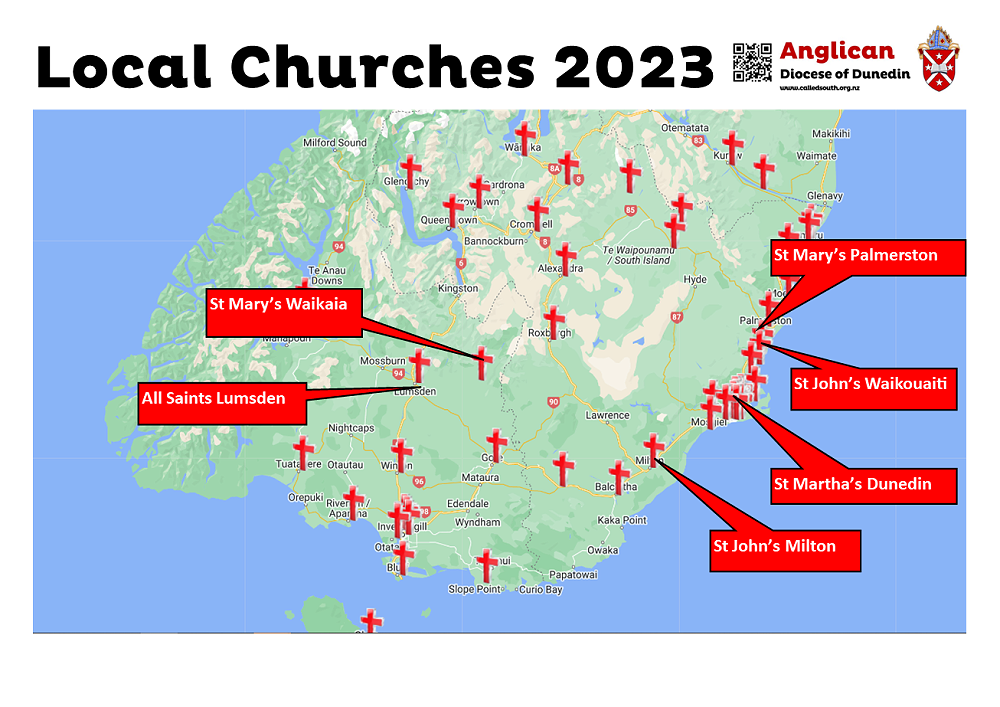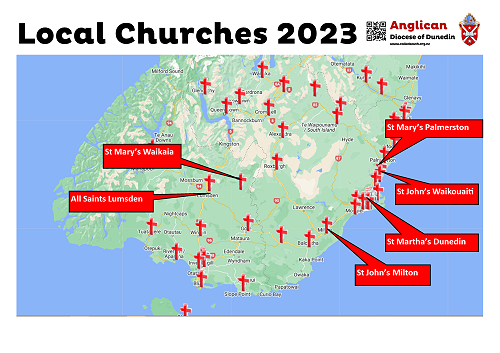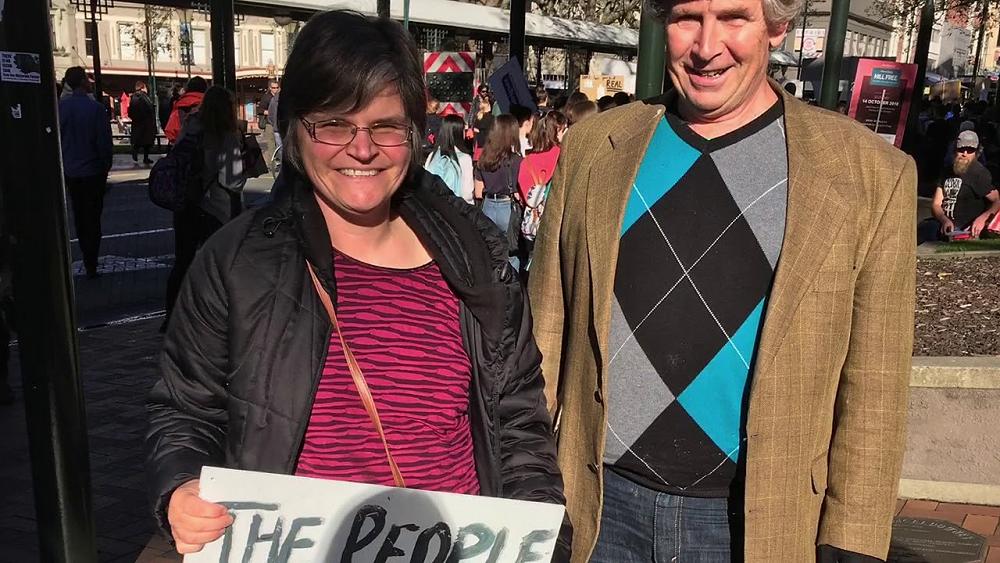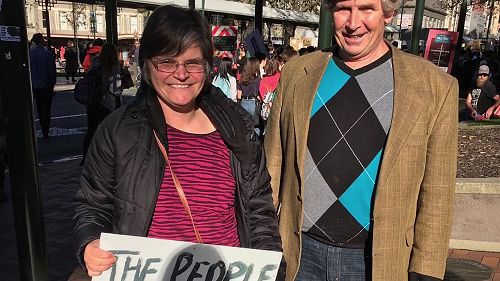Becoming a Local Church
Smaller faith communities have the option of moving from being a Parish to a Local Church… or starting out a new community using this structure. What does that mean and how does it come about?
Being a Local Church status gives faith communities the ability to continue to operate, but without some of the requirements that remaining a Parish involve. It also enables new groups to form and grow, perhaps in different ways to how “church” is usually thought of.
For existing parishes that are no longer able to continue as they used to, there is a process you can follow in Statute 3. To start with, get agreement from the Parish that you want to do this: the existing Parish Vestry can write to the Bishop to request to become a local church. This then goes to the Diocesan Council who are able to change the status of your community from Parish to Local Church, and update Schedule 1 of Statute 3 (which has all the official names of Parishes, Regional Deaneries, the Cathedral District and Local Churches noted). Attached below is a précis of Statute 3 including all of the sections related to local churches.
Part of the conversation with the Bishop could include talking to you about if you would consider joining another "collective" expression, such as amalgamating with another Parish or forming an Archdeanery with one or two others.
New groups have a similar process described in Statute 3 that involves having an initial conversation with the Bishop: two or three people can request this and it’s a way of starting the discernment process and getting the ball rolling.

What else is involved?
Local Church financial accounts are looked after by the Diocesan Office, the Bishop will appoint a Bishop’s Warden (sometimes but not always with the designation Ministry Leader) with any existing Vestry becoming a Local Church Committee with its duties (and Warden’s duties) covered in Statute 3 (see the precis of these attached below). You still maintain control of your properties and assets. For a new group, a committee structure can be formed and is able to grow as it gathers more momentum.
You (as a local church) are directly responsible to the Bishop and are also part of the Local Churches Annual Conference, which appoints Synod Representatives (2 clergy, 2 lay) that represent all the local churches (currently there are 5 of them). The Local Churches Annual Conference (AGM) usually takes place before June each year.
In conclusion
Being a local church enables you to operate using less resources (i.e. without the more onerous requirements that being a parish involves). You have more support from the wider local churches group, and you don’t need to elect your own Synod Rep. It allows you to meet, worship and so on but more on your terms.
See another article on Making Tracks and how to prepare for future significant changes or visit https://www.calledsouth.org.nz/making-tracks/
Gallery



